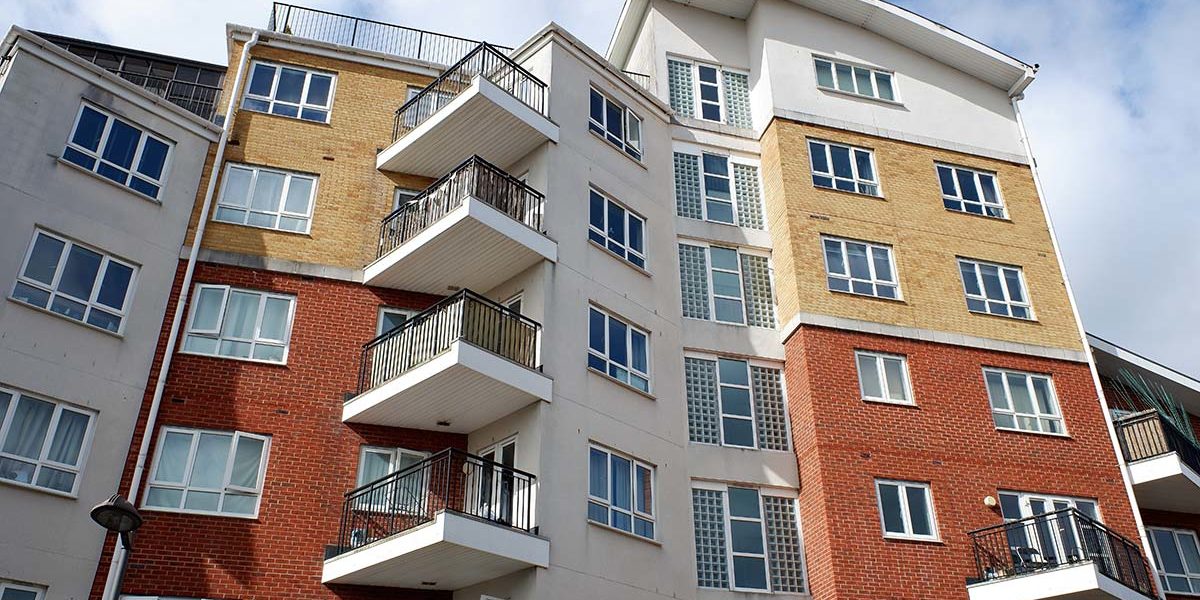The Queen’s Speech earlier today (11 May 2021) contained confirmation that ground rents for almost all new residential leases will be abolished. This has been widely expected since the announcement by Robert Jenrick in January that leasehold reform remains a key government aim.
The reform will be set out in the Leasehold Reform (Ground Rents) Bill, which (if it follows previously published proposals) will only affect future leases – leases that have already been completed will be unaffected. We don’t yet have details of how this will affect properties where contracts have been exchanged, or where part of a development has been completed and sold on leases with ground rents and the rest will have to be sold on leases with no ground rents. It is anticipated that there may be a number of narrow exceptions to the ban on new ground rents including:
- some parts of the community-led housing sector, so that they can retain the right to levy ground rent to maintain their ability to further promote community activities;
- certain financial products that depend on leases where rent replaces interest bearing mortgage payments (for example, those drawn on by the older population for equity release and the Islamic finance sector); and
- business leases (to allow people who need to live in the same premises as their workplace to continue to do this).
Banning ground rents is just one part of the Government’s promised reform of the residential market. In order to “make it easier and cheaper for leaseholders to buy their homes”, the Government has pledged to change the enfranchisement procedure. This will allow leaseholders of flats and houses to extend their leases by 990 years, with ground rents reduced to zero at substantially lower costs. Reinvigorating “commonhold” is also something the Government has committed to and we expect a Commonhold Council to be set up to prepare leaseholders and the wider market for the increased take-up of this alternative to leasehold ownership. While this remains a priority, there are no further details as yet and we are waiting for a formal government response to the three Law Commission reports published in July 2020.
Leasehold reform is an ambitious aspiration and banning ground rents is simply the first step. We will need to see draft legislation to fully appreciate the implications of the proposals. However, it is clear that new ground rents will soon be a thing of the past. This will be welcome news for leaseholders but investors, property owners and developers will need to assess how this affects their existing and planned schemes. As ground rent revenues dry up, the market will need to think about a number of issues including:
- changing ownership structures;
- the change this might have to reversionary values;
- the effect on lenders (if any) and how landlords will address the new-found gap in their funding;
- the manner in which leaseholders will fund the maintenance of common structures;
- whether loss of ground rents will lead to landlords having a less active interest in a building; and
- how these reforms will affect mixed use schemes, retirement properties and student accommodation.
While there is general support for attempts to stamp out bad practice within the industry, the challenge of reform in this area is to ensure that any changes do not negatively impact long-term investors, who maintain homes on a fair and reasonable basis.
About the author(s)
Rob Bridgman is a Gowling WLG partner who helps clients to protect or assert their real estate rights, whether that be in the context of getting a deal done or resolving a dispute.
Ashley Mitchell leads our Housing Development and Regeneration team. He acts for many of the largest national house builders, dealing with the full range of transactions from serviced sites and mixed use schemes to large scale strategic options and collaboration arrangements.


